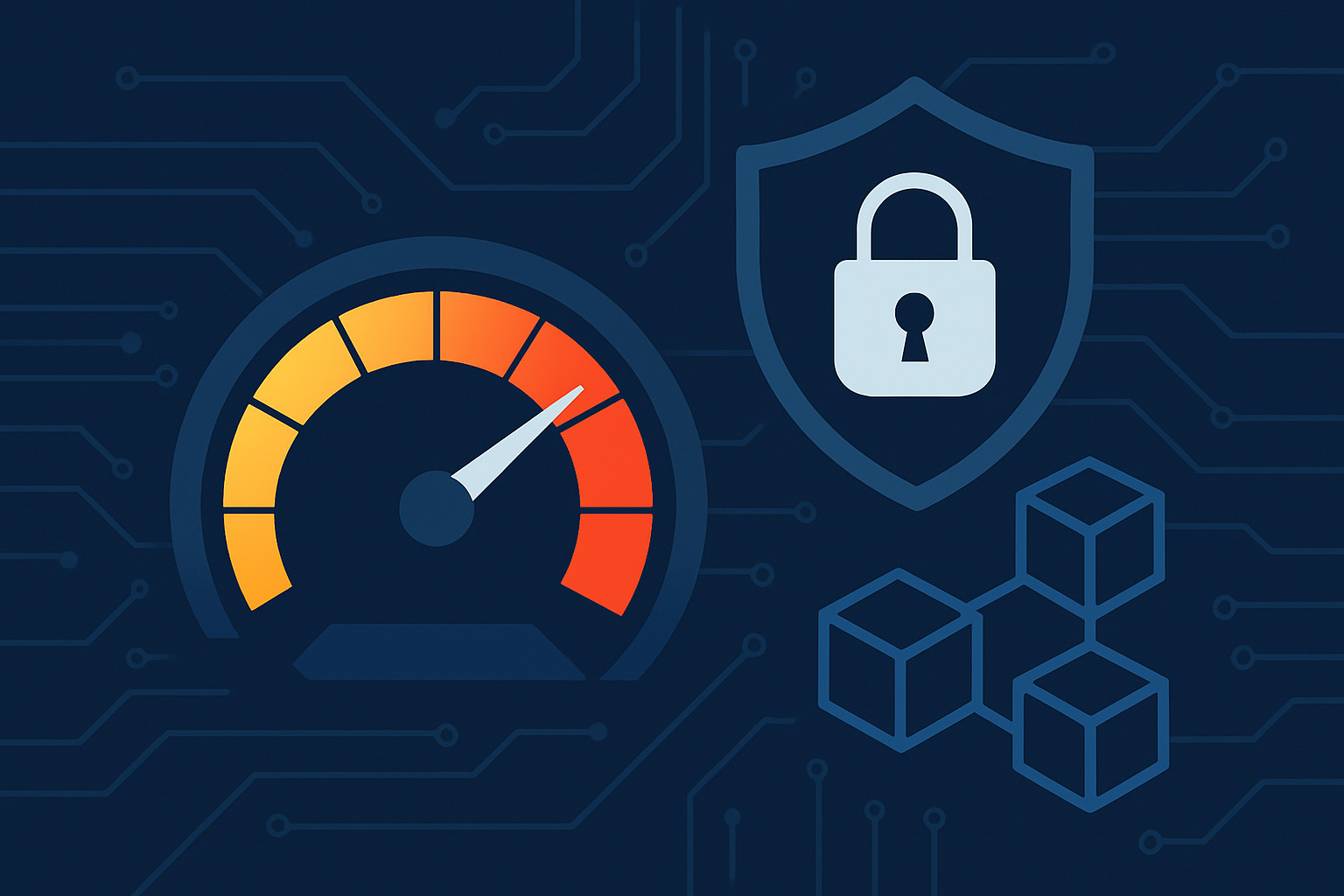
SmartChain has drawn attention for its ability to process transactions at speeds rivaling traditional payment networks while maintaining strong security protocols. This combination is the result of deliberate architectural choices, innovative consensus mechanisms, and a layered approach to safeguarding the network.
Architectural Design for Performance and Safety
SmartChain’s foundation is a hybrid architecture that separates transaction validation from block finalization. Validators handle initial transaction ordering with minimal delay, while a secondary confirmation layer secures the finalized state. This separation prevents bottlenecks by allowing different network components to operate in parallel.
The network also employs sharding to distribute workloads. Each shard processes its own subset of transactions, significantly reducing congestion. Communication between shards is handled through cross-shard messaging protocols that ensure state consistency without overwhelming the system.
Consensus Mechanism Optimized for Throughput and Security
SmartChain uses a modified Proof-of-Stake protocol designed to balance speed and resilience against attacks. Instead of relying solely on block producers, the network employs a committee-based validation system.
- Randomized Validator Selection
Validator nodes are selected through cryptographic randomness, making it extremely difficult for malicious actors to predict or control the process. - Multi-Round Voting
Transactions undergo multiple rounds of voting before finalization. Each round reduces the probability of incorrect or fraudulent blocks being confirmed. - Slashing Penalties
Validators engaging in malicious behavior face immediate loss of staked assets, creating a strong economic deterrent against attacks.
Advanced Cryptographic Safeguards
SmartChain integrates cryptographic techniques that strengthen security without slowing transaction processing.
- Threshold Signatures allow multiple validators to collectively sign a block without creating large signature data. This reduces verification time and storage overhead.
- Zero-Knowledge Proofs enable the validation of certain transactions without exposing sensitive information, preserving privacy while ensuring legitimacy.
- State Channels provide a method for recurring transactions to occur off-chain with final settlement on-chain, reducing exposure to network-level threats while boosting transaction throughput.
Network Latency Reduction Strategies
SmartChain minimizes latency through geographically distributed nodes placed near major internet exchange points. This physical placement ensures low propagation delay for transaction messages.
An adaptive routing protocol chooses the fastest path for data transmission between validators. Combined with efficient message compression, these methods reduce the time required for consensus communication.
Security-First Smart Contract Environment
High transaction speed is of little use without a safe execution environment for smart contracts. SmartChain implements a formal verification framework that analyzes contracts before deployment, identifying vulnerabilities such as reentrancy attacks and integer overflows.
A sandboxed execution environment isolates smart contracts from critical network components. Even if a contract contains an exploit, it cannot compromise the consensus layer or the underlying blockchain data.
Defense Against Distributed Attacks
SmartChain employs real-time anomaly detection powered by machine learning. This system monitors transaction patterns and node behavior to identify potential Distributed Denial of Service attempts or double-spend strategies before they impact performance.
If a threat is detected, the system can dynamically reroute transactions, blacklist malicious nodes, and reassign validator responsibilities without halting network operations.
Economic Incentives That Reinforce Security
The staking economy within SmartChain aligns the interests of participants with the health of the network. Honest validators earn predictable rewards tied to their uptime and accuracy. Dishonest behavior results in immediate penalties greater than potential gains from attacks.
The network also includes a “bounty pool” for independent security researchers who identify vulnerabilities, ensuring continuous improvement in its defensive capabilities.
Balancing Speed and Safety in the Real World
SmartChain’s design proves that transaction speed and strong security are not mutually exclusive. By combining parallel processing, advanced cryptography, and proactive threat detection, it delivers fast confirmations while keeping attack vectors under control.
The key lies in treating performance and security as intertwined objectives rather than competing goals. This philosophy shapes every component of the SmartChain ecosystem, from consensus protocols to smart contract execution, resulting in a platform capable of supporting high-demand applications without sacrificing trust.




